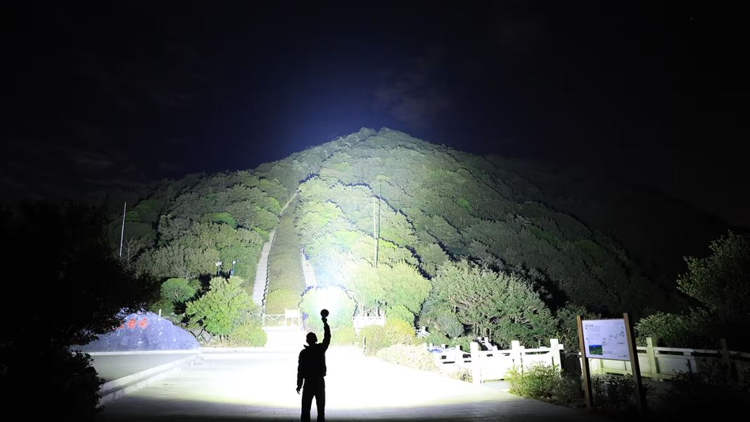Fasting for over a year sounds like the stuff of legends and many actually consider it an urban legend, but an old medical journal offers scientific proof that there once was a man who didn’t eat anything for 382 days and lived to tell the tale.
A case study published in the 1973 edition of the Postgraduate Medical Journal documents the unbelievable story of a 27-year-old “grossly obese” Scottish man who stopped eating for a total of 382 days in a desperate attempt to lose weight. He not survived the extreme challenge, but remained in good health and managed to go from 456 to 180 pounds (81 kilograms from 206 kilograms). According to doctors at the University of Dundee School of Medicine, the man’s weight remained stable at 196 pound (88 kilograms) five years after undergoing the unusually long fast.





















